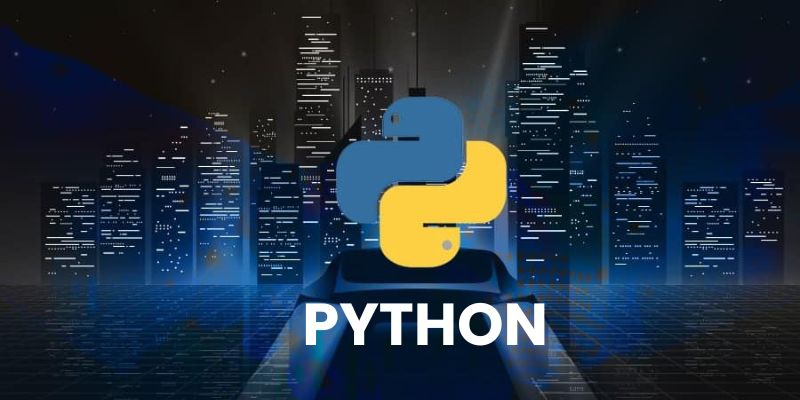
Python’s popularity as a programming language continues to soar due to its simplicity and versatility. However, as projects scale and become more complex, maintaining clean and efficient code becomes crucial. In this blog post, we’ll explore some Best Practices for Writing Clean and Efficient Python Code. Whether you’re a beginner starting with a Python Course in Chennai or an experienced developer looking to enhance your skills, these practices will help you write code that is not only readable and maintainable but also performs well.
Practices for Writing Clean and Efficient Python Code
1. Consistent Code Formatting
Consistency in code formatting is key to readability and collaboration. Adhering to a style guide such as PEP 8 ensures uniformity across your codebase. Tools like autopep8 or Black can automate this process, making it easier to maintain consistent formatting.
2. Meaningful Variable Names
Choosing descriptive variable names enhances code readability and reduces the need for comments. Aim for clarity and conciseness when naming variables, functions, and classes. Avoid single-letter variable names or abbreviations that may obscure the purpose of the code.
3. Modularize Your Code
Split your code into small, reusable modules or functions. This promotes code reusability and makes it easier to test and debug. Each function should ideally have a single responsibility, adhering to the principle of separation of concerns.
4. Document Your Code
Writing clear and concise documentation is essential for understanding the purpose and usage of your code, whether you’re learning through a Python Online Course at FITA Academy or working on real-world projects. Use docstrings to document modules, classes, functions, and methods. Include information about parameters, return values, and any side effects. This not only helps you and your team understand the code better but also serves as a valuable resource for future reference and maintenance.
5. Avoid Magic Numbers and Strings
Avoid hardcoding numerical or string values directly into your code, as this can make it difficult to understand and maintain. Instead, use named constants or configuration files to define such values. This improves code readability and allows for easier modification in the future.
6. Efficient Data Structures and Algorithms
Choose appropriate data structures and algorithms to optimize the performance of your code. Python offers built-in data structures like lists, dictionaries, and sets, as well as powerful libraries like NumPy and pandas for numerical and data manipulation tasks.
7. Handle Errors Gracefully
Anticipate and handle errors gracefully using try-except blocks or assertions. Provide informative error messages that help users understand what went wrong and how to fix it. Logging can also be useful for tracking errors and debugging issues in production environments.
The above Blog is about the Best Practices for Writing Clean and Efficient Python Code. By following best practices such as consistent code formatting, meaningful variable names, modularization, documentation, avoiding magic numbers, optimizing data structures and algorithms, and handling errors gracefully, you can enhance the readability, performance, and reliability of your codebase by enrolling Python Course in Bangalore. Remember, writing good code is not just about solving the problem at hand, but also about making it easier for yourself and others to understand and maintain the code in the long run.
Also Check Python Developer Salary For Freshers
